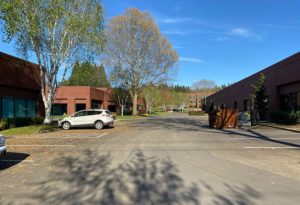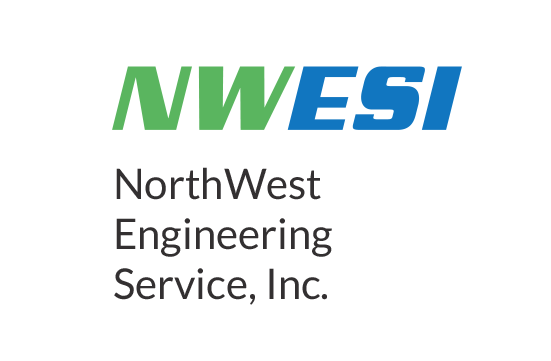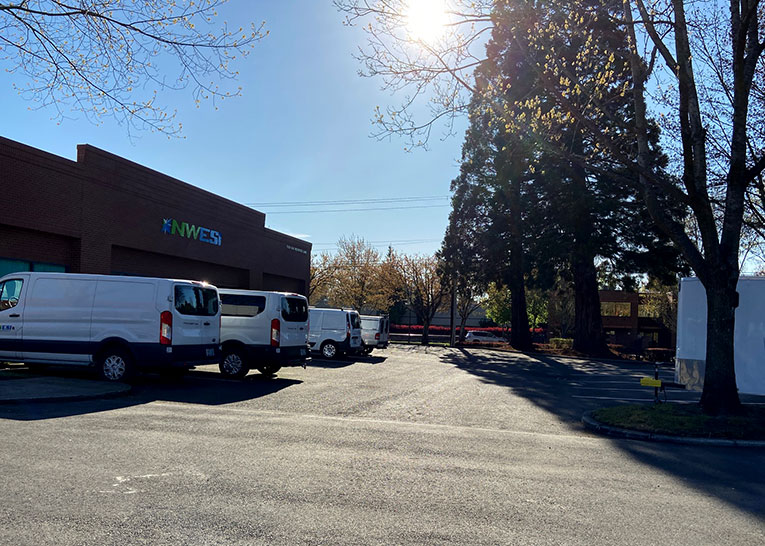“During the first few weeks of the pandemic, many of our employees immediately transitioned to working from home. While walking through the eerily-deserted parking lots, I frequently considered what steps the company might need to take in the coming days. I’ve worked for a number of publicly traded companies during my career, and I know answers like mass layoffs and furloughs rise to the top of the list in “Executive Management 101” books, where the primary goal is to retain value for stockholders. But NWESI is an employee-owned company, and 100% of those shareholders are the very employees whose jobs were on the line. Our primary considerations had to be how to keep employees safe from the coronavirus while ensuring their income and medical benefits were not interrupted.”
—Tom Prevish, NWESI President
In a situation that places your company on unstable ground, our reflexes might tell us to think on the tightest margins possible. At the first hints of trouble, we’d snap ourselves into a preservation mindset, cutting out any potential weak or vulnerable points that could lead to further issues. In many companies this takes the form of letting go of employees who aren’t crucial to the company at that moment. But that didn’t happen here, because as an employee-owned business, our people aren’t vulnerabilities, they’re our company itself.

Approaching this pandemic with all the uncertainty that accompanied it, a few things were clear: we didn’t want anyone to lose their jobs, their income, or for their health to suffer.
Remarkably few of our current work projects were stopped, though a number were slowed down due to social distancing and safety guidelines. For those whose hours waned in on-site or project work, we took the opportunity to instead work-in internal projects such as fresh resumes, marketing profiles, and research that could be accomplished at home. We similarly tried to find areas where cross-division work was applicable, while others took time to evaluate avenues for improvement in our standard practices. Our main offices were often deserted—with most employees working remotely, and only essential folks going in as needed.
Employee-ownership often promotes a feeling of community, knowing each person is affected by—and contributes to—the well-being of the whole. This was obvious when a few of our team members stepped-up by producing hand sanitizer, face masks, and extra cleaning products for company vehicles, starting weekly hang-outs to provide time for camaraderie, and communicating NWESI’s current state of affairs on a weekly basis. Our goal was to keep our team strong, knowing that the shareholders who made our company run before the pandemic, will be the ones to keep it growing afterward.
Our response was shaped by cautiousness, state recommendations, and what we felt was best for our company. For us, this meant our employee-owners would have security in their jobs, safety in the sites they needed to visit, and communication about their company throughout.
Published June 2020. See more about our Employee-Ownership value.



